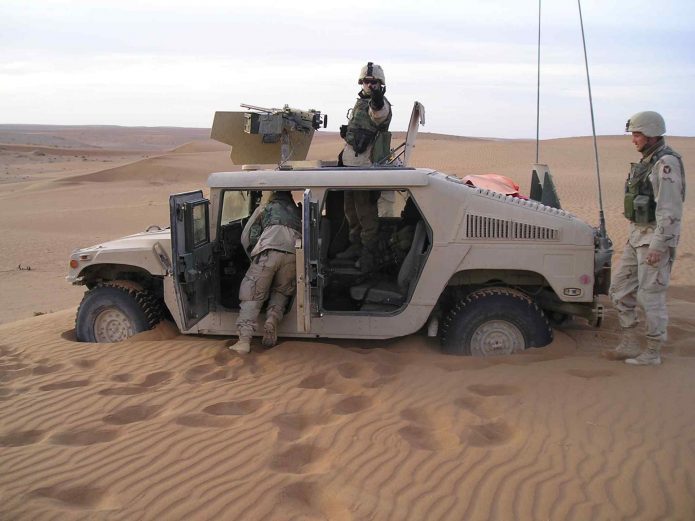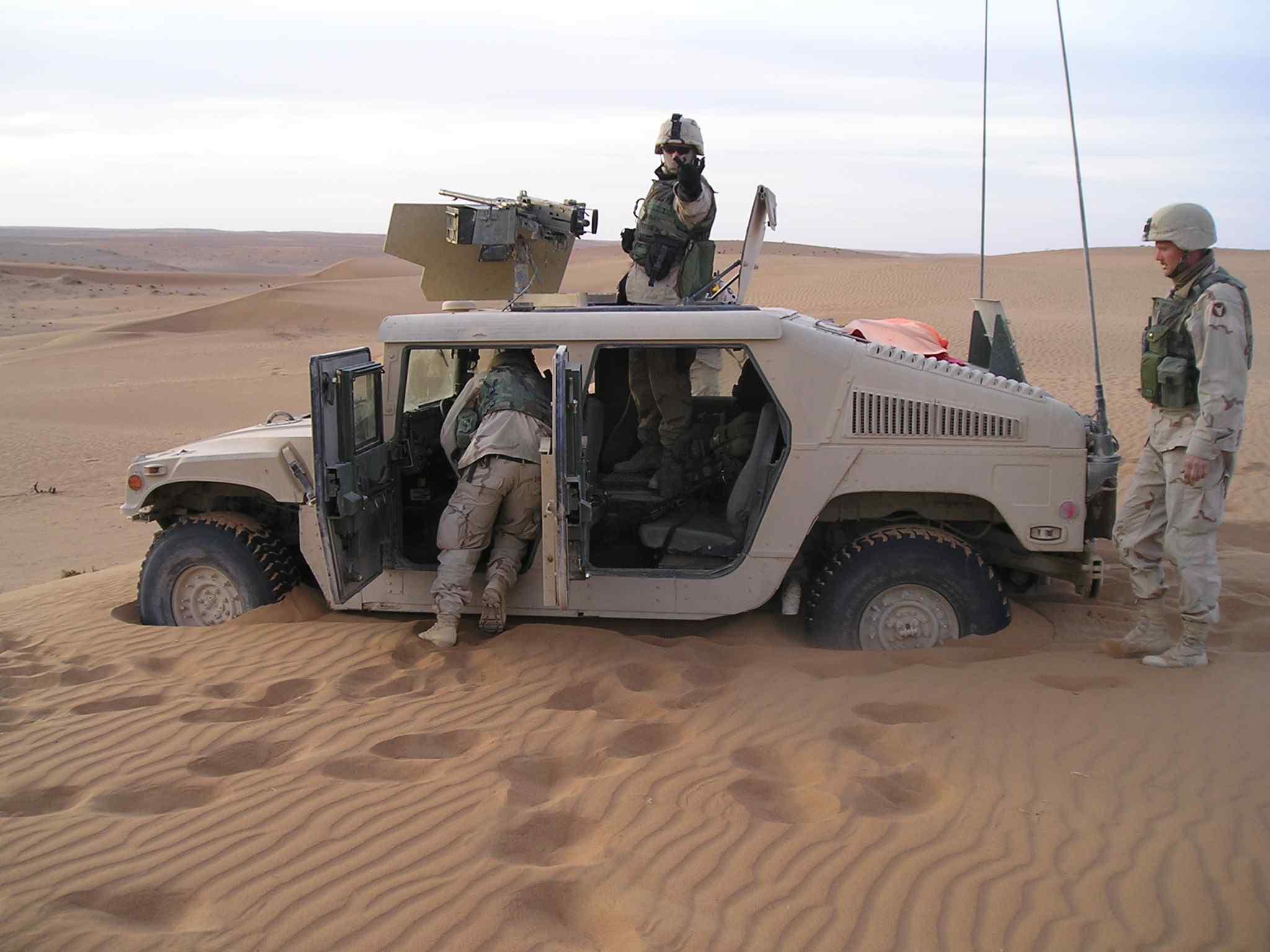
Last Wednesday, President Obama once again delayed the withdrawal of U.S. troops from Afghanistan. Approximately 8,400 troops will remain in the country through the end of his presidency, he announced, rather than the 5,500 he committed to back in October 2015. Meanwhile, casualties continue to mount: Thousands of Afghan civilians were killed in 2015 alone.
It’s time to end the longest war in U.S. history. Begun less than a month after the 9/11 attacks, the war aimed to destroy the al-Qaeda network led by Osama bin Laden and take out the Taliban government that had provided them with safe haven. President Bush’s focus, however, was anything but narrow: “Our war on terror begins with al-Qaeda, but it does not end there,” he said shortly before the invasion. “It will not end until every terrorist group of global reach has been found, stopped and defeated.”
Nearly 15 years and over $740 billion dollars later, there are few genuine successes the United States can claim as validation for its efforts. While an American withdrawal won’t remedy the problems of Afghanistan entirely, there’s good evidence to suggest our continued presence is making things worse.
Failed Military Strategies
This unending, costly war came in response to blowback from American policies in the region. According to the conventional history, we began aiding the mujahideen, a loose-knit assortment of Afghan Islamist guerrilla militants, in 1980, in response to the December 1979 Soviet invasion. (While Osama bin Laden arrived in Afghanistan in 1979 and was affiliated with a predominantly non-native mujahideen group at that time, the CIA maintains it only funded and armed indigenous Afghan rebels.)
The conventional history is wrong, at least according to a 1998 interview with Zbigniew Brzezinski, former National Security Advisor to President Jimmy Carter. Brzezinski told a French weekly that we decided to aid the mujahideen six months before the Soviet Union invaded Afghanistan, in July 1979, knowing this could help push the Soviets into a Vietnam-style conflict. When pressed about whether he felt any regret having provided aid and arms to Islamic fundamentalists, Brzezinski, three years before the 9/11 attacks, responded brusquely: “What is more important in world history? … Some agitated Moslems or the liberation of Central Europe and the end of the Cold War?”
…
